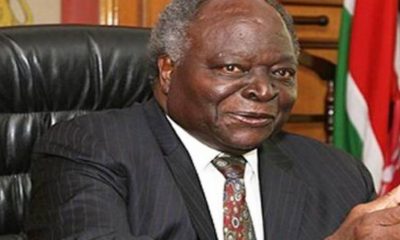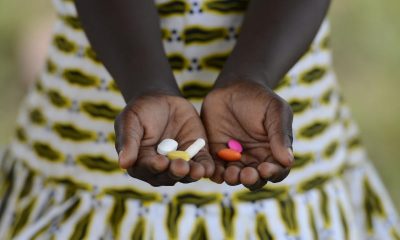The people also expect leaders to provide short, medium and long-term solutions to the crises. History has taught us that Countries need strong, effective and inclusive leadership to guide them through and out of crises.
The word crisis originates from the Greek word krises meaning ‘turning point’ and was mostly used to describe the moment of recovery from a disease. It is in moments of crisis that individuals and nations change for the better or worse depending on how they manage the crisis.
Indeed, this could be a turning point for Kenya, the moment to break with our divisive political past, and embrace the politics of inclusion, so as to effectively deal with the health and economic effects of COVID 19 and other crises presently afflicting the country.
But first, we must overcome COVID 19 with a sustained national crisis management approach. Crisis management is defined as organizing, directing and executing actions that minimize the impact of a crisis, in terms of damage to individuals, communities, institutions and infrastructure. From a crisis management perspective, the state has done very well in implementing public health measures aimed at averting the rampant spread of the deadly virus within the populace.
Although we are yet to flatten the curve, so to speak, the Country has made good progress in taming the spread of the pandemic through public health measures like social distancing, ban on public gatherings, the mandatory wearing of face masks and strict adherence to personal hygiene.
The public tends to assess leadership responses to the crisis based on what they can see. However, there are some containment measures that are not visible to the public such as effective and efficient contact tracing which have ensured that the disease infection footprint is effectively tracked and managed. This could be a big reason why the Country is yet to get to the previously projected high rates of infections as high as 10,000 by the end of April.
Public health containment strategies, though necessary, have had an undesirable impact on the economy by restricting the movement of people and goods. The World Bank projects Kenya’s economic growth to decline to 1.5 per cent this year compared to 5.4 per cent last year.
Beyond sustaining the short-term responses to COVID 19, therefore, we must urgently begin charting a way out of the looming economic meltdown. This calls for, among other things, an inclusive political approach focused on providing effective leadership in this time of uncertainty.
Crises help a country redefine its core values and identity. This is not a time for divisive politics and the pursuit of narrow agenda linked to the 2022 elections. Rather, it is a time for authentic leaders who value the nation-state above their personal interests to come together and provide inspired leadership.
Lest we forget, the country is facing other serious challenges like floods, locusts invasion, HIV/Aids, malaria, tuberculosis, cancer, a hunger which if ignored, collectively pose an even greater threat than COVID 19, and significant damage to the economy.
Importantly, we need inclusive political leadership to rally and unite all Kenyans in overcoming these challenges.

 General News1 week ago
General News1 week ago
 Politics5 days ago
Politics5 days ago
 General News5 days ago
General News5 days ago
 General News3 days ago
General News3 days ago















